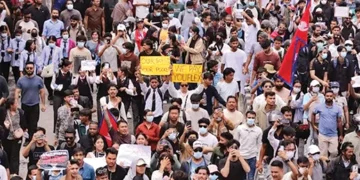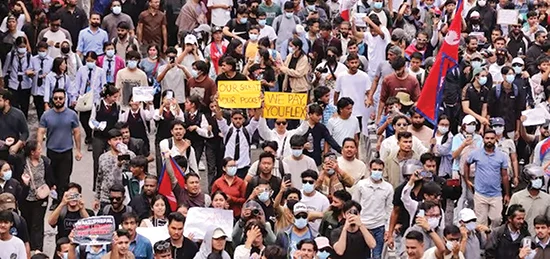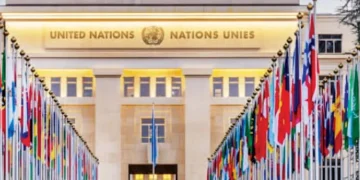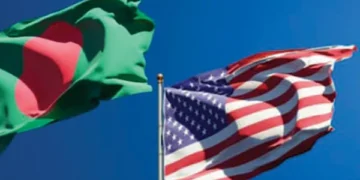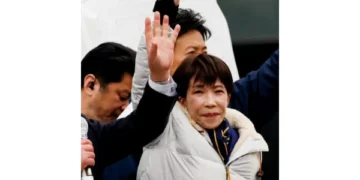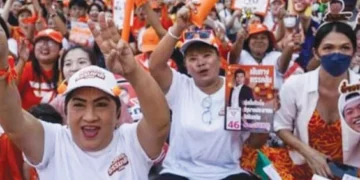Blitz Bureau
NEW DELHI: FACED with the intense pressure from Gen-Z protests that resulted in the death of 19 people, Nepal’s Prime Minister KP Sharma Oli resigned from his post on September 9.
Oli submitted his resignation letter to President Ram Chandra Poudel, citing the abnormal situation in the country as protests intensified against his rule throughout the country.
In the resignation letter, Oli said he resigned from the post as per article 77 (1) of the constitution to pave the way for constitutional resolution of the current situation.
Amid the unrest, the Nepal Army and senior security officials issued joint appeals urging restraint and dialogue as the only way to restore stability. The Army pledged to protect the country’s independence, sovereignty, and citizens’ lives and property.
The ruling coalition appeared to have fractured one after another with ministers particularly belonging to Nepali Congress resigning and putting further pressure on the government to quit. General Secretaries of ruling Nepali Congress, Gagan Thapa and Bishwo Prakash Sharma had earlier urged Prime Minister Oli to resign and pave the way forward.
It is not immediately clear what course Nepal’s politics would take now as all the lawmakers from the fourth largest party Rastriya Swatantra Party also resigned demanding an interim government.
Enraged by the killing of so many people during the first day of the protests organised by the Gen-Z demanding accountability for corruption and social media ban, protesters throughout the country started to attack houses of leaders and government buildings. On September 9, the protesters stormed into the parliament building at Baneshwor in Kathmandu and set the building on fire.
They also entered the Singh Durbar, the main administrative centre of the Nepal government and torched the main gate.
The party headquarters of the ruling Communist Party of Nepal (Unified Marxist Leninist) or CPN (UML) and Nepali Congress in the Kathmandu Valley were also defaced and set on fire.
